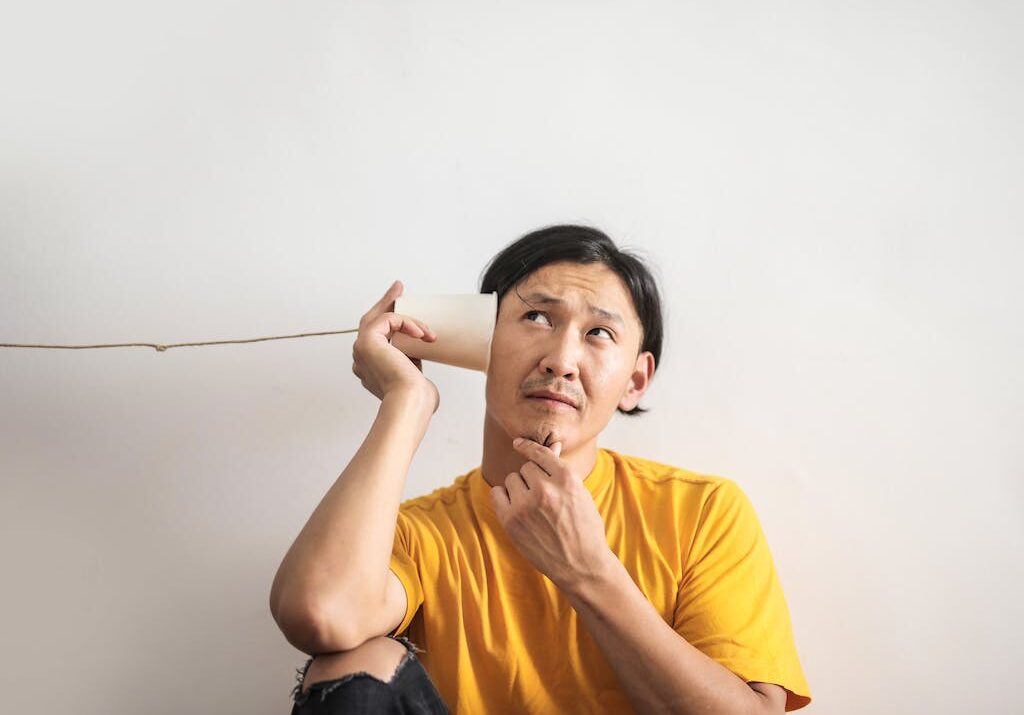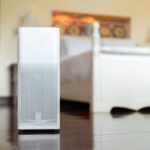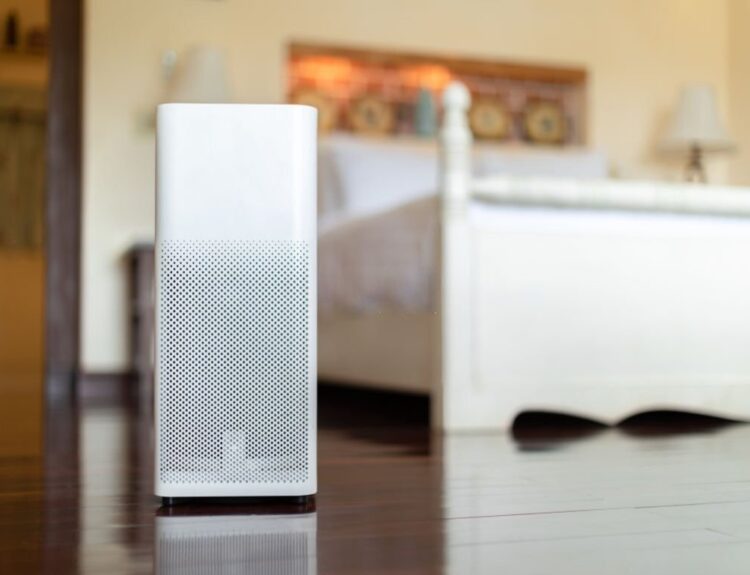Hearing loss affects millions of people worldwide. If one is experiencing difficulties in hearing, hearing aids can improve their quality of life. Price, features, and types — many factors must be considered while buying hearing aids.
Below we have listed the essential things to remember before purchasing. Read on to know more.
Consultation with An Audiologist
Schedule a consultation with an audiologist before purchasing hearing aids. An audiologist can provide valuable guidance and ensure one gets the right fit and features to address their needs. Audiologists assess their patient’s hearing abilities by conducting relevant tests. They will recommend the most suitable hearing aids for an individual’s hearing loss.
Different Types of Hearing Aids
There are various types of hearing aids, such as behind-the-ear (BTE), in-the-ear (ITE), and in-the-canal (ITC) models. Each type has its advantages and considerations. BTE models are more versatile and suitable for various degrees of hearing loss, while ITE and ITC models are smaller and more discreet. Individuals must evaluate the pros and cons of each type before choosing one that fits their lifestyle and preferences.
Features and Technology
Hearing aids have various features and technologies that enhance their functionality. These include noise reduction, directional microphones, telecoil compatibility, and Bluetooth connectivity. One’s daily activities and environments will determine the essential features. For instance, a hearing aid with noise reduction and directional microphones can be beneficial if one frequently attends meetings or social gatherings.
Adjustments and Follow-Up
One must have realistic expectations and be patient after purchasing hearing aids. Sometimes, an individual may need several follow-up appointments with their audiologist for adjustments and fine-tuning. Remember to communicate any issues or concerns during these appointments. Open and honest communication will ensure that the hearing aids are optimized for the user’s specific needs.
Maintenance and Care
Proper maintenance and care of the hearing aids ensure longevity and good performance. Regularly clean them using a soft, dry cloth or a specialized cleaning tool provided by the manufacturer. Keep them away from extreme temperatures and moisture. Additionally, change the batteries regularly, and use a protective case to store them when not being used.
Remember that each person’s hearing needs are unique, and finding the right device may require trial and error. Be patient, stay informed, and enjoy the improved hearing experience that hearing aids can provide.






